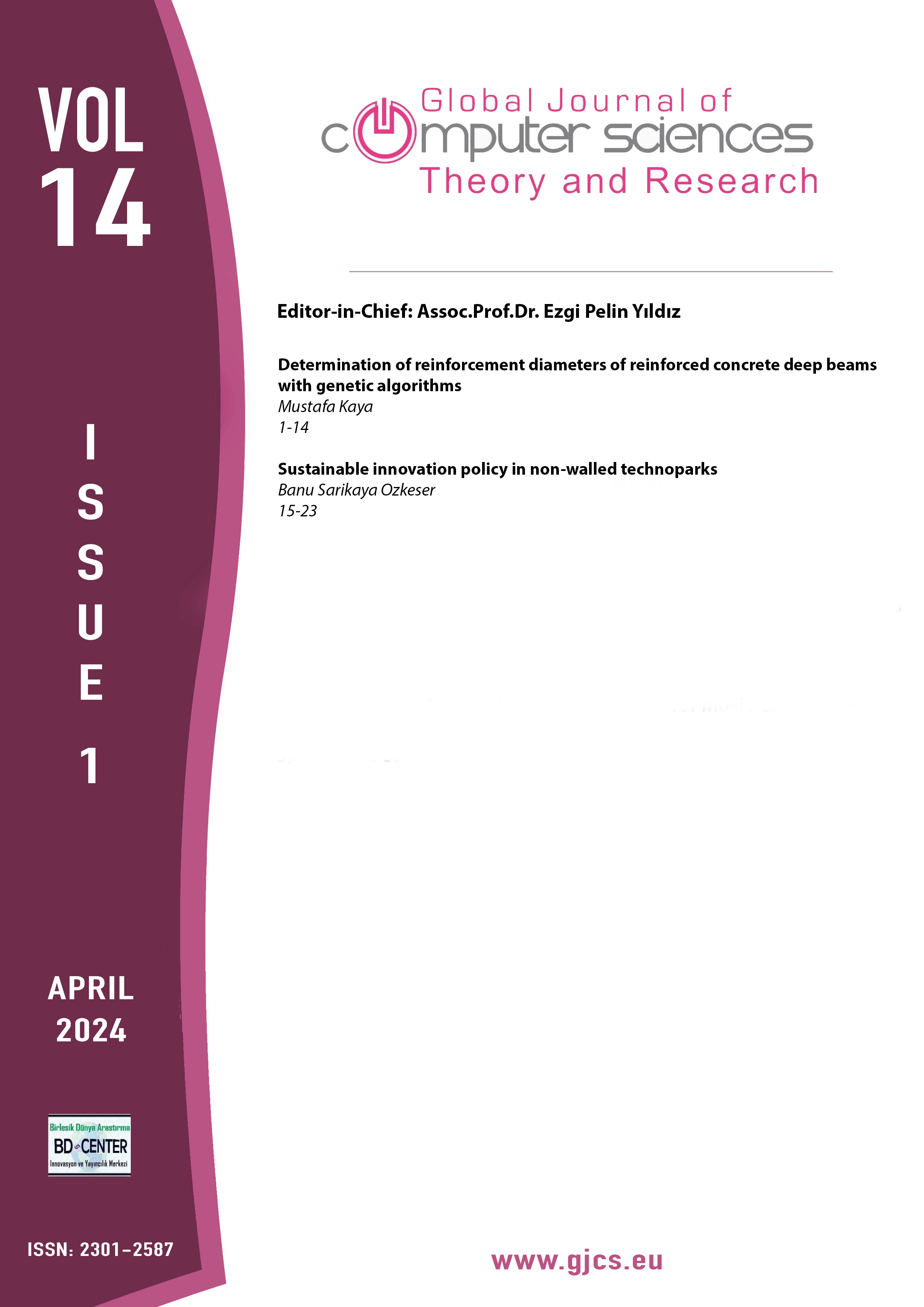Sustainable innovation policy in non-walled technoparks
Main Article Content
Abstract
Several governments support environmentally friendly initiatives in an effort to expand the reach of their national brands internationally. Because sustainability and learning growth have comparable meanings, all paths leading in this direction cross with a single phenomenon known as innovation. The more investment in innovation, the more value a company can gain. For over two decades, the Turkish government has been augmenting its financial assistance for sustainable innovation management. Two primary examples of this encouragement are the grant incentives provided for Research & Development (R&D) centers and Design centers, sometimes known as non-walled technoparks. This study focuses on how an R&D or design center contributes to the expansion of a multinational firm, especially when they receive incentives. The study uses secondary data collected from existing companies and the Ministry of Industry and Technology. The results show how sustainable innovation policy influences business activities. Also, gaining incentives from the government not only improves financial performance but also raises the bar for human resource qualifications, which can make organizations grow and get international recognition.
Keywords: Brand; design center; incentive; R&D center; sustainable innovation.
Downloads
Article Details

This work is licensed under a Creative Commons Attribution 4.0 International License.
Global Journal of Computer Sciences: Theory and Research is an Open Access Journal. All articles can be downloaded free of charge. Articles published in the Journal are Open-Access articles distributed under CC-BY license [Attribution 4.0 International (CC BY 4.0)]
Birlesik Dunya Yenilik Arastirma ve Yayincilik Merkezi (BD-Center) is a gold open access publisher. At the point of publication, all articles from our portfolio of journals are immediately and permanently accessible online free of charge. BD-Center articles are published under the CC-BY license [Attribution 4.0 International (CC BY 4.0)], which permits unrestricted use, distribution, and reproduction in any medium, provided the original authors and the source are credited.
